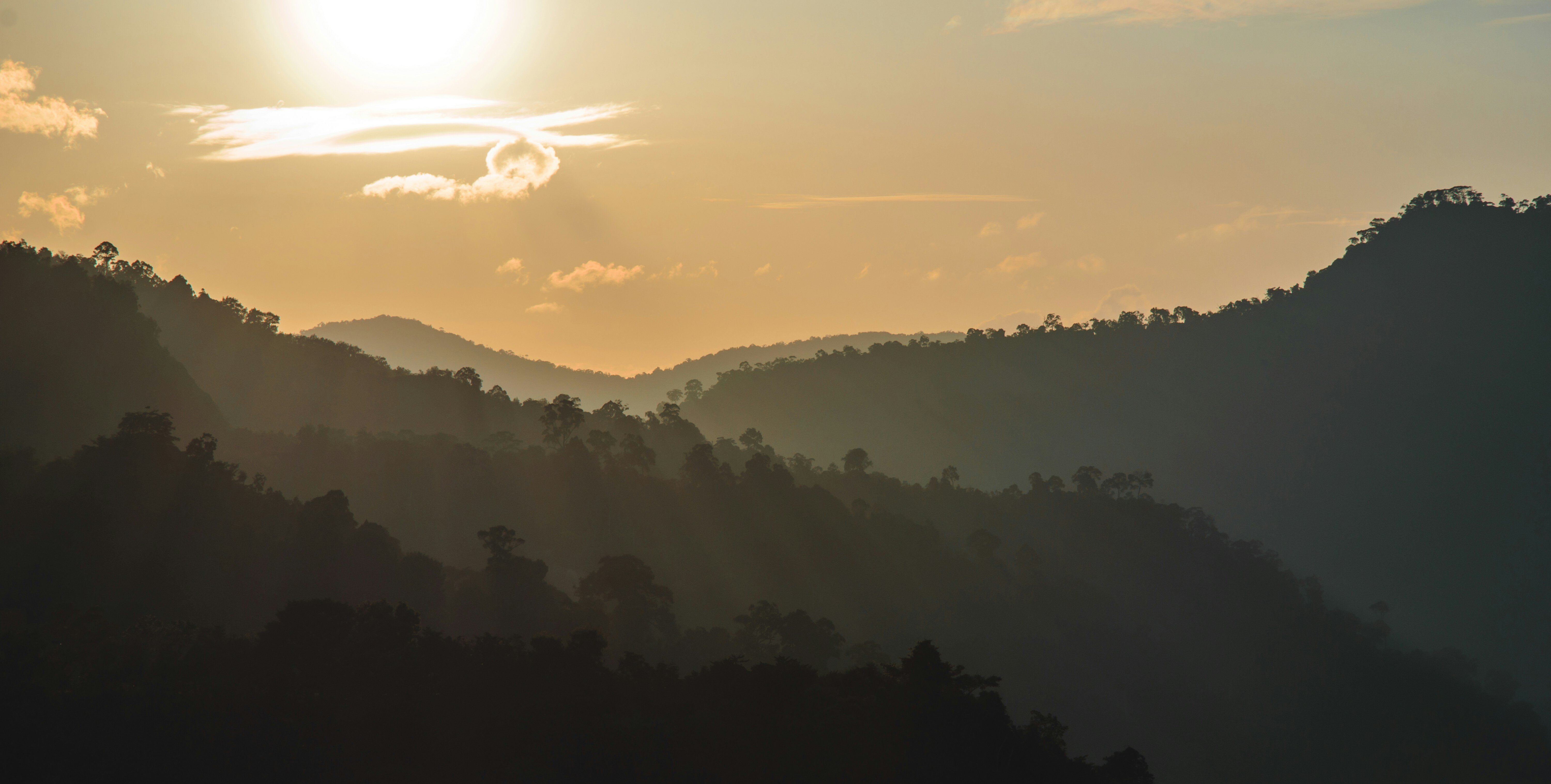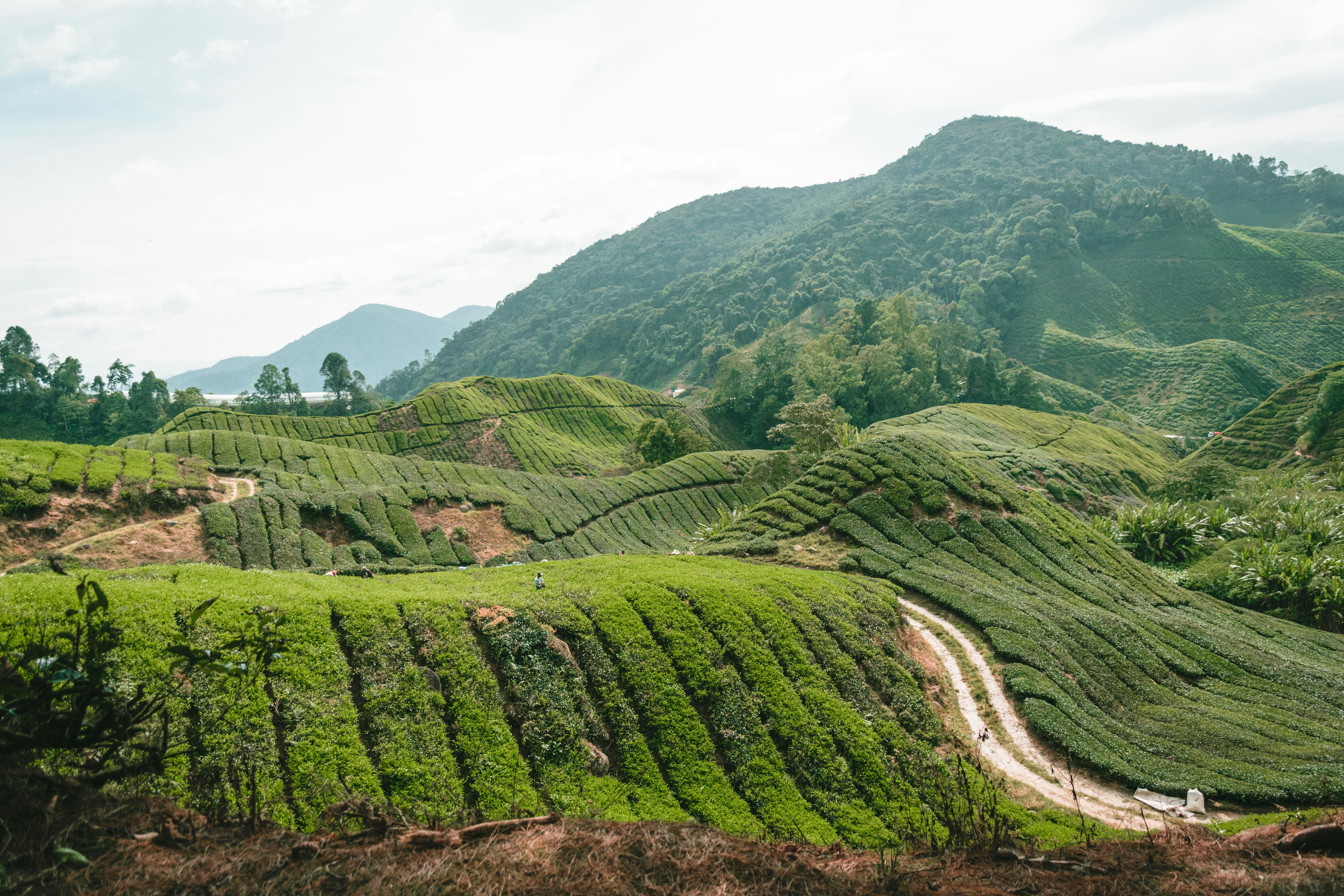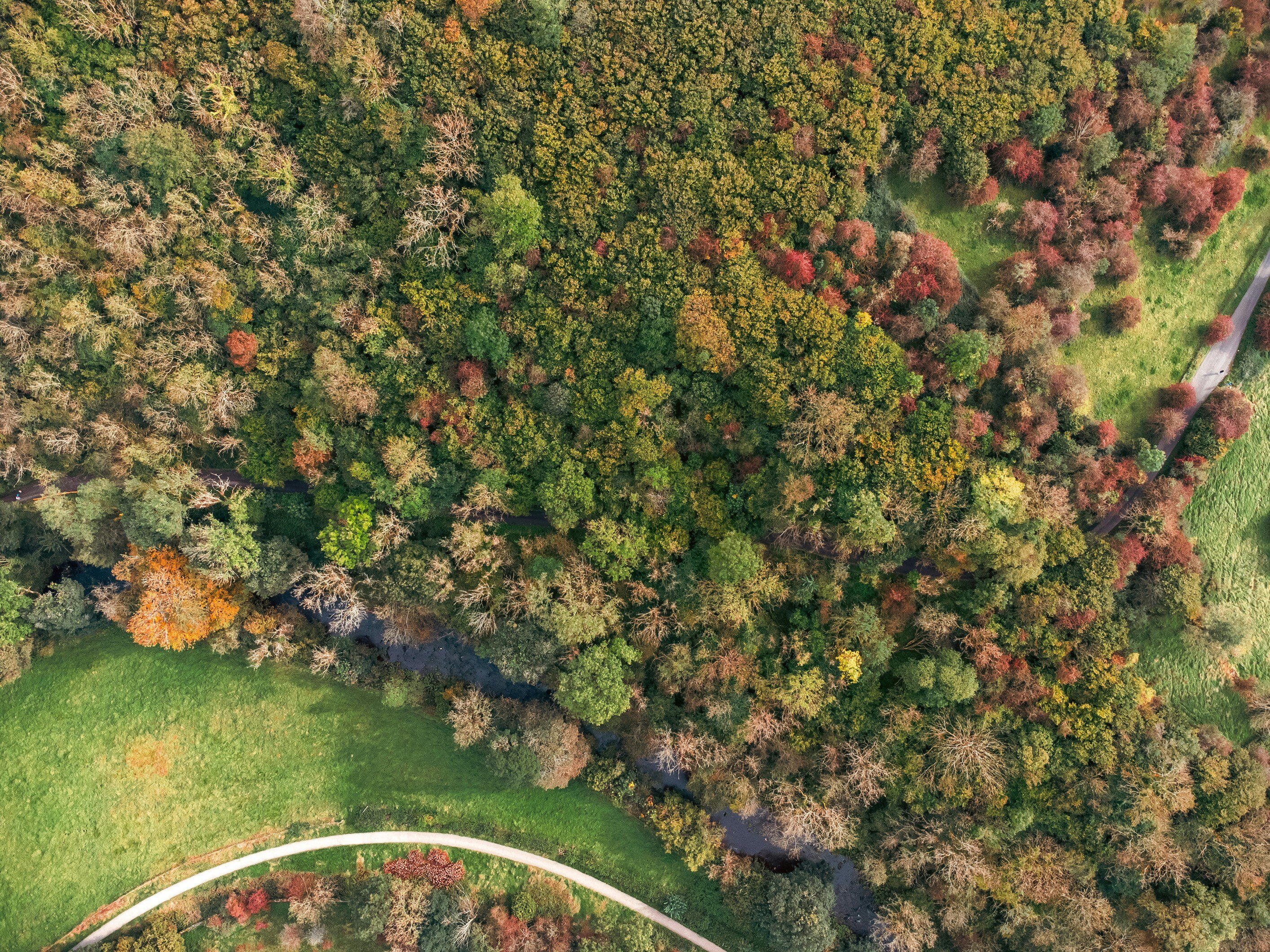Week 26: Conservation Finance News
Govt accelerates policies for net zero carbon emissions by 2050
The government has agreed to accelerate the implementation of several plans to achieve net-zero carbon emissions by 2050. Nik Nazmi also mentioned expediting policies like the National Climate Change Bill and establishing a National Decarbonisation Committee. Discussions included setting Malaysia's net-zero greenhouse gas emission target, approving the National Climate Change Policy 2.0., and preparing for the upcoming COP. The collaboration with Thailand on carbon market mechanisms was discussed as well. To learn more, click here.
Sarawak received RM55.4 million in EFT from 2019 to 2024
Sarawak received RM55.4 million in Ecological Fiscal Transfers (EFT) from 2019 to 2024 for forest conservation. With 7.6 million hectares of forest cover, the state got the largest EFT allocation of RM200 million. The focus is on effective conservation efforts, including tree planting and forest preservation, promoting Malaysia's green agenda. Sarawak planted over 35 million trees towards 89.09 million by June 11, 2024. To learn more, you can click here.
Southeast Asia's carbon sinks face challenges
Southeast Asia's peatlands are vital for carbon storage but face degradation, especially in Sumatra, Kalimantan, and Peninsular Malaysia. Indonesia's restoration efforts show progress, but global factors complicate solutions. A united, legally binding agreement among Southeast Asian nations is proposed to ensure sustainability. To know more, you can click here.
Biodiversity a top concern for companies under CSRD requirements, per PwC survey
PwC survey reveals confidence gaps in meeting EU's CSRD requirements for biodiversity reporting, with data availability and quality posing significant obstacles. Respondents lack confidence in biodiversity and ecosystems reporting, with only 62% sure about meeting requirements, the lowest in the survey. Data challenges, including availability, quality, and value chain complexity, hinder CSRD implementation for 59% of companies. Click here to learn more.
Sabah excluded from new Carbon Capture law
A new Carbon Capture, Utilisation, and Storage (CCUS) Bill planned for Parliament excludes Sabah, as confirmed by deputy chief minister Jeffrey Kitingan due to constitutional jurisdiction. Sabah aims to benefit from carbon credit sales while safeguarding its tropical forests, aligning with the UN Sustainable Development Goals. Sabah and Sarawak oppose extending the CCUS Bill to them, emphasizing the importance of local laws in governing CCUS development. Click here to learn more.
Sarawak monitors closely on marine wildlife health
Sarawak government, via Sarawak Forest Corporation, in collaboration with stakeholders and organizations like Reef Check Malaysia and Petronas, is closely monitoring and working to rehabilitate and conserve coral reefs in the state's waters. They emphasized coral reef protection efforts in response to coral discoloration at Kota Kinabalu's diving sites. Legislation and collaboration are key in safeguarding marine wildlife and corals. Click here to learn more.
$736.4 million to be allocated at 67th GEF Council Meeting
$736.4 million will be allocated at the 67th GEF Council Meeting to support biodiversity protection, climate change mitigation, and land and ocean health projects. The GEF Trust Fund, GBFF, and LDCF/SCCF will consider $495.6 million, $37.8 million, and $203 million respectively, aiming for impactful projects in developing countries aligned with global environmental conventions. A new scorecard was released for June 2024. Currently, GEF oversees 1,600 active projects in 149 countries, with $8.6 billion in GEF financing unlocking an additional $57.6 billion in co-financing. Click here to learn more.
Sabah Forestry and EU launch groundbreaking partnership for timber and sustainable forestry management
The Sabah Forestry Department and the European Union have launched a partnership to update the Sabah Timber Legality Assurance System (TLAS) to meet EU market requirements. This partnership aims to enhance environmental and social sustainability, aligning with EU regulations for sustainable forestry management. The updated system aims to enhance Sabah's credibility in the global timber market and establish it as a leader in sustainable forestry management. To know more, you can click here.
Indonesia restored 5.5 million hectares of peatlands, urging a 3R approach in restoration efforts
Indonesia's Ministry of Environment and Forestry restored 5.5 million hectares of peatlands, proving they can be restored through prevention strategies, legal actions, and restoration programs. The Peatland and Mangrove Restoration Agency also restored 1.6 million hectares, totaling 5.5 million hectares by 2023. Meanwhile, the Indonesian Deputy Minister emphasizes the importance of consistency, collaboration, and the "3R" approach in peat restoration efforts. Coordination among stakeholders and integration into government planning are crucial for a successful restoration. Click here to learn more.
VERRA and MFF align on Forest Carbon Initiatives with VCS Program
The Malaysian Forest Fund (MFF) and VERRA signed an MOU to align Malaysia's forestry carbon initiatives with Verra's VCS Program, facilitating future projects to meet global standards. The MOU will help MFF become a benchmark for excellence and enhance climate finance access for forestry projects in Malaysia. Verra aims to help governments meet their NDCs through carbon markets with this partnership. To know more, you can click here.



